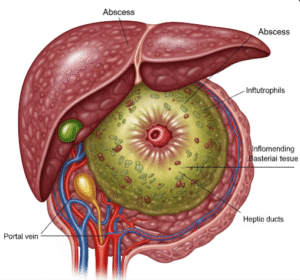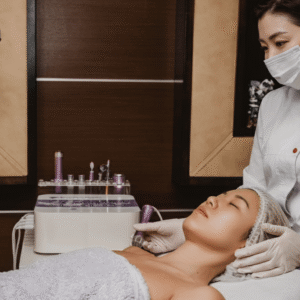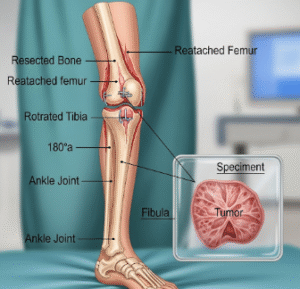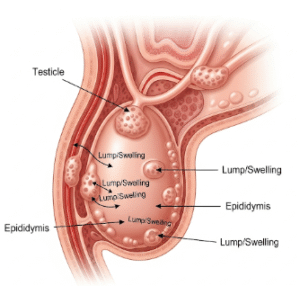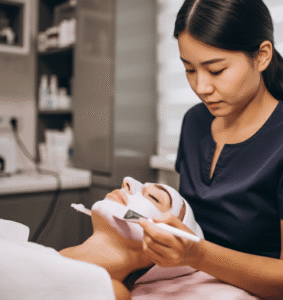Overview
Arsenic poisoning occurs due to the accumulation of arsenic, a toxic element that can cause severe health issues when ingested, inhaled, or absorbed through the skin. It can lead to both acute and chronic poisoning, with symptoms ranging from nausea and vomiting to life-threatening organ failure and cancer.
What is Arsenic Poisoning?
Arsenic poisoning happens when there is a buildup of arsenic in the body over time. It may occur through drinking water contaminated with arsenic, exposure to industrial chemicals, or ingestion of arsenic-laden food, particularly rice, which can absorb arsenic from soil. Prolonged exposure leads to chronic health problems such as skin lesions, cardiovascular issues, and cancers.
Symptoms
- Acute Poisoning:
- Nausea, vomiting, and abdominal pain
- Diarrhea
- Fatigue
- Confusion or delirium
- Shock, low blood pressure
- Chronic Poisoning:
- Skin changes like discoloration or wart-like growths
- Peripheral neuropathy (numbness or tingling in limbs)
- Chronic cough or hoarseness
- Respiratory issues
- Liver, kidney, and lung dysfunction
- Increased risk of cancers, especially skin, lung, and bladder cancers
Causes
- Drinking contaminated water from sources with high arsenic levels, often due to naturally occurring arsenic in groundwater
- Occupational exposure in mining, metallurgy, or pesticide industries
- Ingestion of contaminated food, especially rice grown in arsenic-laden soil
- Use of traditional medicines containing arsenic
- Environmental exposure due to nearby industrial pollutants
Risk Factors
- Living in areas with arsenic-contaminated water, especially in rural regions
- Working in high-risk industries (e.g., mining, pesticide production)
- Consuming large amounts of rice or other arsenic-laden foods
- Lack of proper water filtration systems
- Genetics (some people are more vulnerable to arsenic’s toxic effects)
Complications
- Chronic arsenic exposure can lead to:
- Cancer (especially skin, lung, bladder, and liver cancers)
- Cardiovascular diseases (e.g., heart disease, stroke)
- Liver and kidney damage
- Peripheral neuropathy
- Respiratory issues
- Skin lesions or discoloration
Prevention
- Testing water sources for arsenic content, especially in areas known for contamination
- Installing filtration systems to remove arsenic from drinking water
- Limiting consumption of rice from areas with high arsenic contamination
- Regulating occupational safety measures in arsenic-exposed industries
- Seeking alternative traditional medicines not containing arsenic
Treatment Options in Korea
Korea offers advanced healthcare options for arsenic poisoning through prompt diagnosis and specialized treatments:
- Diagnosis
- Blood tests and urine tests to detect arsenic levels in the body
- Skin biopsy for chronic arsenic exposure signs
- Imaging tests to assess organ damage
- Acute Treatment
- Chelation therapy to bind and remove arsenic from the body
- Intravenous fluids to address dehydration from vomiting and diarrhea
- Oxygen therapy for respiratory distress
- Chronic Management
- Monitoring and treating organ damage (liver, kidney, and heart)
- Nutritional support and diet management
- Symptom management for peripheral neuropathy and other effects
- Preventive Care
- Health education for at-risk populations regarding arsenic exposure
- Installation of filtration systems in homes and communities with contaminated water sources
- Regular monitoring of at-risk individuals for early signs of poisoning




